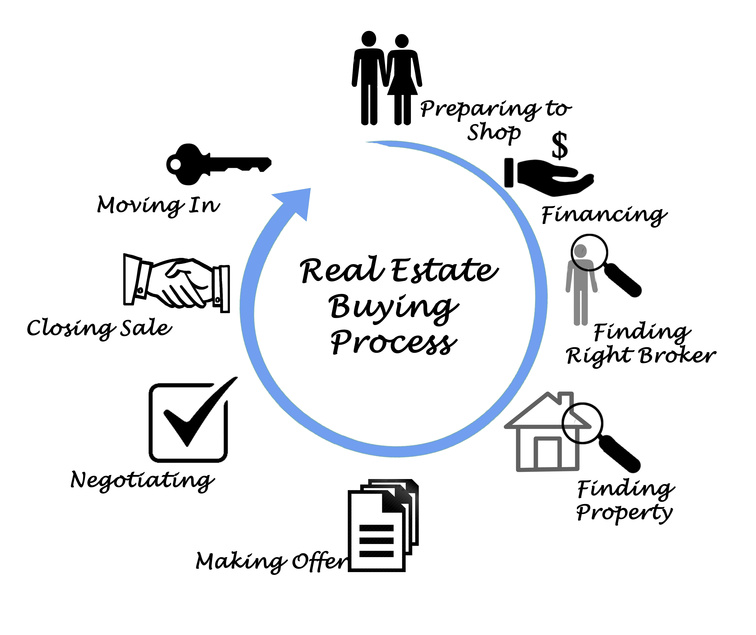Hard Money Lenders Explained: Fast Cash Solutions for Residential Property Buyers
Tough money loan providers have arised as a crucial source for home buyers looking for quick financing options, specifically in circumstances where traditional loaning opportunities may drop brief. Comprehending when and exactly how to engage with tough cash lenders can substantially affect your investment approach and results.
What Are Tough Money Lenders?
Difficult money lending institutions are specialized monetary institutions or individuals that give temporary car loans safeguarded by real estate. These lending institutions commonly focus on the worth of the residential or commercial property instead of the borrower's creditworthiness, making their services especially attracting actual estate capitalists and those in demand of fast financing. Unlike conventional banks, difficult money lending institutions often provide quicker authorization procedures and much less rigorous paperwork requirements, allowing customers to gain access to funds quickly.
The lendings given by tough money loan providers are typically taken into consideration high-risk due to their short duration, which typically ranges from a couple of months to a few years. Consequently, these fundings commonly come with higher rates of interest contrasted to standard financing alternatives. Hard cash lending is particularly widespread in realty purchases where time is essential, such as purchasing distressed residential or commercial properties, moneying renovations, or shutting bargains quickly to safeguard financial investment opportunities.
How Hard Money Lendings Work
In the realm of realty financing, difficult money loans run as a functional solution for customers needing quick accessibility to funding. These loans are usually secured by actual property instead of the customer's credit reliability, which permits expedited authorization procedures. Difficult cash lending institutions analyze the value of the property being financed, often requiring an evaluation to establish its market worth.

Hard cash financings have much shorter terms, generally varying from one to five years, and they commonly come with greater rate of interest prices contrasted to typical loans. The settlement framework can likewise differ, with some finances requiring interest-only settlements during the term.

Benefits of Tough Cash Financing


One more substantial advantage is the flexibility of difficult cash lendings. Lenders are normally more ready to discuss terms based upon the particular requirements of the consumer and the residential property in inquiry. This adaptability can include variants in loan amounts, payment routines, and this website rate of interest.
Additionally, hard money fundings are largely safeguarded by the value of the residential or commercial property itself as opposed to the debtor's credit reliability. This permits people with less-than-perfect credit history scores to gain access to financing. Difficult money financing can serve as a useful tool for home rehab projects, enabling capitalists to swiftly obtain and improve troubled residential or commercial properties, thus optimizing their financial investment capacity.
Negative Aspects of Difficult Money Loaning
While tough money offering offers several advantages, it additionally comes with remarkable downsides that potential consumers must thoroughly take into consideration. One substantial disadvantage is the high rates of interest connected with these financings. Unlike traditional financing, difficult money finances typically feature rates that can surpass 10% to 15%, showing the lending institution's enhanced threat.
Furthermore, the financing terms are typically short, varying from a few months to a few years, which can develop pressure for customers to market or refinance promptly. Failure to do so might result in financial pressure or foreclosure. In addition, hard money lending institutions generally focus extra on the residential property's worth than the debtor's creditworthiness, which can result in much less desirable terms you can check here for those without significant equity or a solid home.
One more worry is the possibility for surprise charges and closing costs that may not be quickly apparent. These expenses can even more intensify the overall cost of borrowing. Lastly, the lack of regulatory oversight in the tough money lending industry can cause predacious borrowing techniques, making it essential for debtors to perform complete due persistance before dedicating to a funding.
When to Consider Hard Cash Finances
When faced with urgent funding requires or distinct residential or commercial property situations, consumers may find tough cash loans to be a sensible option. These fundings are specifically helpful in scenarios where standard financing alternatives are restricted or unwise. For circumstances, genuine estate capitalists looking for to take advantage of time-sensitive possibilities, such as troubled residential or commercial properties or public auctions, typically transform to hard cash lenders for fast access to funds.
In addition, borrowers with less-than-perfect credit rating or unusual revenue resources might battle to secure conventional car loans - hard money lenders in georgia atlanta. Difficult cash lenders generally focus a lot more on the value of the property being used as collateral than on the debtor's creditworthiness, making these fundings accessible to a broader array of applicants
Moreover, tough money loans are beneficial for those looking to fund improvement jobs or fix-and-flip investments. The capacity to get funds quickly enables borrowers to start jobs without delay, potentially enhancing their return on investment.
Conclusion
In summary, difficult cash lenders offer as a crucial source for home customers requiring instant economic services. Comprehending the situations where hard cash finances are relevant can enhance financial investment opportunities in the genuine estate market.